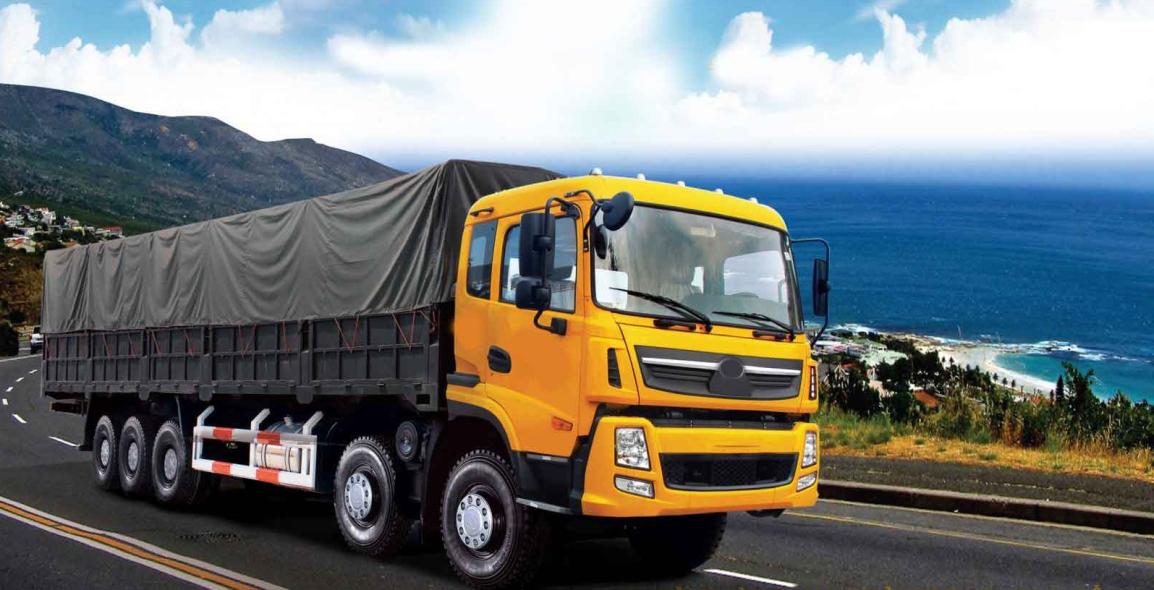Satellite Data Transportation: A Boon or Bane for Developing Countries?
Satellite data transportation has emerged as a promising technology with the potential to transform developing countries by bridging the digital divide, enhancing disaster management, improving agricultural productivity, and enabling environmental monitoring. However, the challenges associated with its implementation, such as high infrastructure costs, limited technical expertise, regulatory barriers, and cybersecurity concerns, cannot be overlooked.

Benefits Of Satellite Data Transportation:
- Improved Access to Information and Communication: Satellite data transportation can provide access to information and communication technologies (ICTs) in remote and underserved areas, facilitating e-governance, e-learning, telemedicine, and other essential services.
- Enhanced Disaster Management and Response: Satellite data can provide real-time information during natural disasters, enabling governments and aid organizations to respond more effectively. Satellite imagery can help assess damage, monitor affected areas, and coordinate relief efforts.
- Improved Agricultural Productivity: Satellite data can provide farmers with valuable information on weather patterns, crop health, and soil conditions, helping them make informed decisions about planting, irrigation, and harvesting, leading to increased agricultural productivity.
- Environmental Monitoring and Conservation: Satellite data can be used to monitor deforestation, land use changes, and other environmental indicators, helping governments and environmental organizations develop policies and strategies to protect the environment.
Challenges Of Satellite Data Transportation:
- High Cost of Infrastructure and Equipment: The initial investment required to set up satellite data transportation infrastructure can be significant, posing a financial challenge for developing countries.
- Limited Technical Expertise and Capacity: Developing countries may lack the technical expertise and capacity to operate and maintain satellite data transportation systems, leading to sustainability and reliability issues.
- Regulatory and Policy Barriers: Outdated or restrictive regulations governing satellite communications in some developing countries can hinder the deployment and operation of satellite data transportation systems.
- Cybersecurity and Data Security Concerns: Satellite data transportation systems can be vulnerable to cyberattacks and data breaches, requiring adequate cybersecurity measures that may be lacking in developing countries.
Strategies For Overcoming Challenges:
- International Cooperation and Financial Assistance: Developed countries and international organizations can provide financial assistance and technical expertise to developing countries to help them overcome the challenges of satellite data transportation.
- Capacity Building and Training: Training programs can be organized to develop the technical skills and expertise needed to operate and maintain satellite data transportation systems.
- Regulatory Reforms and Policy Adjustments: Governments can review and update their regulations to create a more favorable environment for the deployment and operation of satellite data transportation systems.
- Public-Private Partnerships: Public-private partnerships can be established to share the costs and risks of satellite data transportation projects, attracting private investment and expertise to developing countries.
Satellite data transportation has the potential to be a transformative technology for developing countries, enabling access to information and communication, enhancing disaster management, improving agricultural productivity, and facilitating environmental monitoring. However, the challenges associated with its implementation require international cooperation, capacity building, regulatory reforms, and public-private partnerships to ensure that developing countries can harness the full potential of satellite data transportation for sustainable development.
Governments, international organizations, and the private sector must work together to address the challenges and create an enabling environment for satellite data transportation to flourish in developing countries, bridging the digital divide and empowering communities with the tools they need to thrive in the 21st century.

YesNo

Leave a Reply